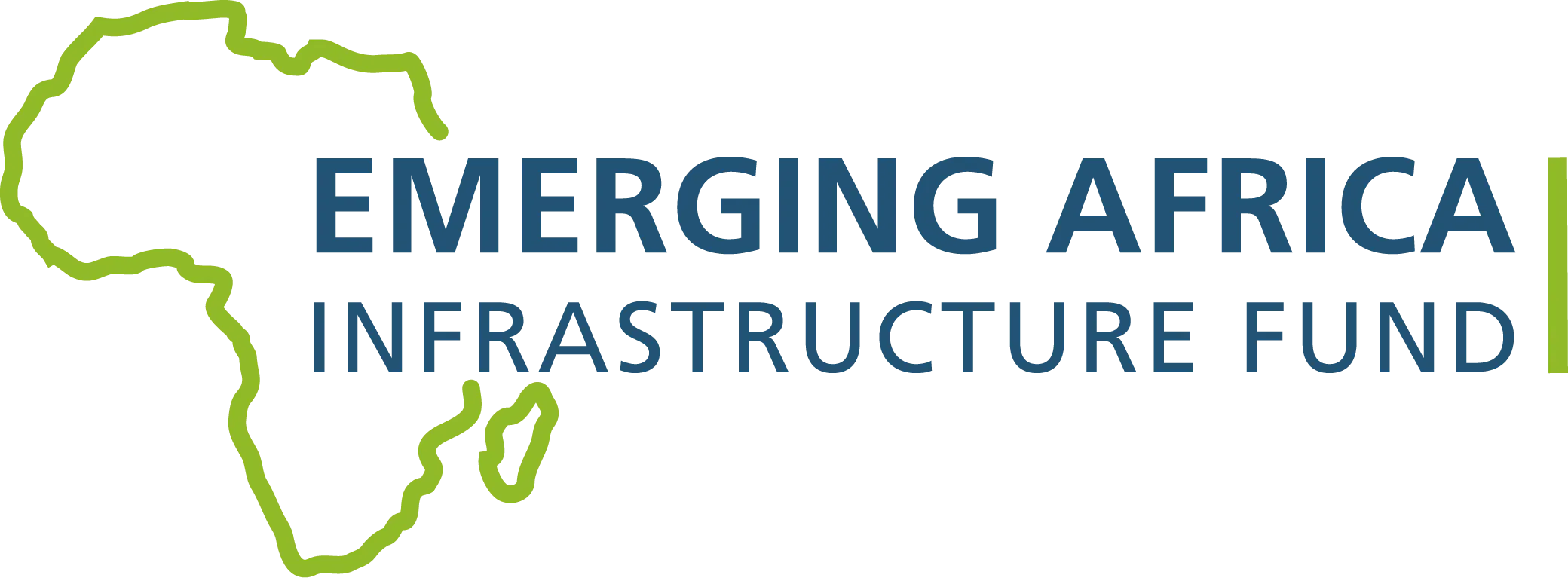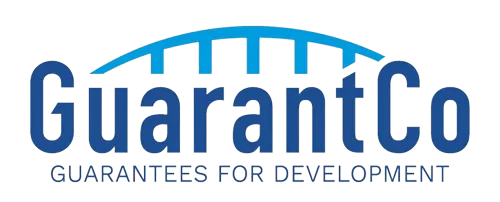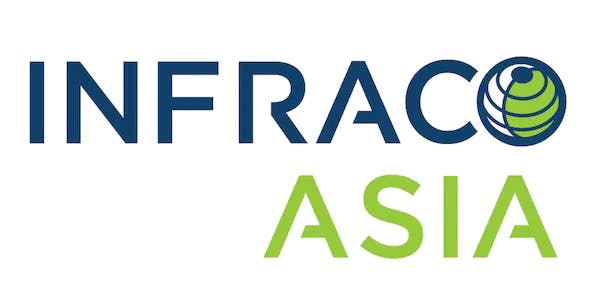We were set up to focus on delivering development impact. Climate change represents the single largest threat to human development and so we adopt a climate lens when evaluating each and every investment without losing our focus on achieving the UN Sustainable Development Goals (SDGs).
In Senegal, our
Bonergie Irrigation project is working to support rural farmers’ livelihoods by installing affordable solar-powered irrigation systems which maximise yields whilst also cutting emissions by displacing diesel pumps. Following feedback from farmers, the project is now rolling out drip irrigation systems designed to target scarce water where it is needed most, increasing the efficiency of farming whilst protecting valuable groundwater.
In Rwanda and the Democratic Republic of the Congo, our
Equatorial Power project will deliver off-grid solar in rural areas. EP provides homes and businesses with clean energy and access to agricultural hubs which enable farmers to keep their crops fresh, process and package their produce to attract higher prices, and access local markets.
However, given that African nations collectively emit under 4% of global carbon emissions,
[ii] some consideration must be made for a ‘just transition’ whereby some investments emit C02 but are deemed to be essential for economic development. Here, we try to use the best available technologies to emit as little as possible. This is evidenced by our
Waterbus passenger ferries investment on Lake Victoria. Emissions from the safe, efficient diesel ferries are around 60% lower than for the nearest alternative – canoes powered by diesel outboard motors. Waterbus is looking to pilot solar boost technology on its vessels to further reduce fuel consumption whilst still delivering its vital marine passenger transport services. Likewise, our
East Africa Marine Transport project will emit C02 but, by taking freight vehicles off congested roads around the Lake, it is anticipated that it will reduce overall emissions whilst enabling producers to reach regional markets easily, cutting avoidable waste and saving them valuable time.
















